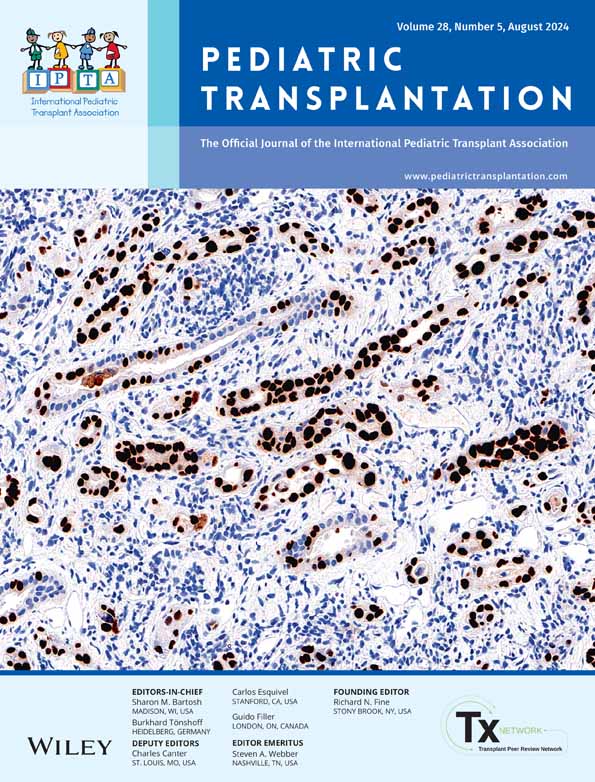Neonatal heart transplantation in the United States: Trends and outcomes
Abstract
Background
Heart transplantation in the neonatal period is associated with excellent survival. However, outcomes data are scant and have been obtained primarily from two single-center reports within the United States. We sought to analyze the outcomes of all neonatal heart transplants performed in the United States using the United Network for Organ Sharing (UNOS) dataset.
Methods
The UNOS dataset was queried for patients who underwent infant heart transplantation from 1987 to 2021. Patients were divided into two groups based on age – neonates (<=31 days), and older infants (32 days–365 days). Demographic and clinical characteristics were analyzed and compared, along with follow up survival data.
Results
Overall, 474 newborns have undergone heart transplantation in the United States since 1987. Freedom from death or re-transplantation for neonates was 63.5%, 58.8% and 51.6% at 5, 10, and 20 years, respectively. Patients in the newborn group had lower unadjusted survival compared to older infants (p < .001), but conditional 1-year survival was higher in neonates (p = .03). On multivariable analysis, there was no significant difference in survival between the two age groups (p = .43). Black race, congenital heart disease diagnosis, earlier surgical era, and preoperative mechanical circulatory support use were associated with lower survival among infant transplants (p < .05).
Conclusions
Neonatal heart transplantation is associated with favorable long-term clinical outcomes. Neonates do not have a significant survival advantage over older infants. Widespread applicability is limited by the small number of available donors. Efforts to expand the donor pool to include non-standard donor populations ought to be considered.
CONFLICT OF INTEREST STATEMENT
All authors declare that they have no conflicts of interest.
Open Research
DATA AVAILABILITY STATEMENT
The data that support the findings of this study are available from the corresponding author upon reasonable request.




